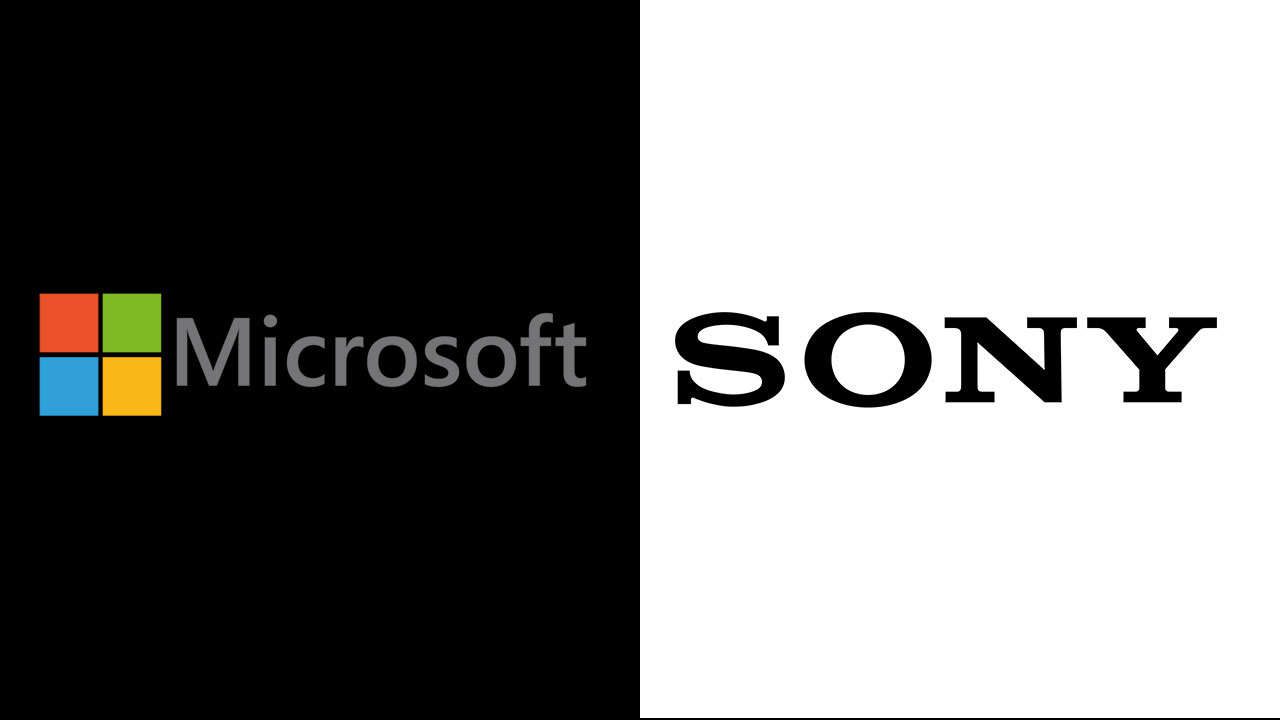Microsoft: "Sony's anti-competitive tactics deserve discussion"
3 min. read
Updated on
Read our disclosure page to find out how can you help MSPoweruser sustain the editorial team Read more

Microsoft has had enough of Sony’s relentless interference to block its proposed $69 billion Activision merger. According to a report from Axios, the company’s government affairs team had talks with the members of Congress, who then asked the Biden administration to address the matter.
Sony has always been the loudest Microsoft critic protesting against the approval of the Activision merger. To recall, the software giant repeatedly tried to offer the Japanese company remedies, from a 10-year licensing proposal to rights to offer Call of Duty on its subscription service. However, Sony continues to refuse the offers, with Sony CEO Jim Ryan saying he “just” wanted to block the merger. Now, after trying to be the “nice guy,” Microsoft is finally ready to counter Sony’s actions by involving policymakers.
“Sony’s anti-competitive tactics deserve discussion, and we welcome further investigation to ensure a level playing field in the video game industry,” a Microsoft spokesperson told Axios.
The statement came after lawmakers’ letters emerged recently, asking the Biden administration to scrutinize the “imbalance” in the Japanese gaming market, which is expected to observe the U.S.-Japan Digital Trade Agreement. In the letters, members of Congress claim Sony is performing anti-competitive behaviors, citing some actions, including its exclusivity deals with third-party game publishers. Aside from this, the lawmakers pointed out how Japan’s government favors domestic companies, giving them an advantage over foreign rivals, not just Microsoft.
The matter was raised by Democratic and Republican lawmakers through different letters to U.S. Trade Representative Katherine Tai and Commerce Secretary Gina Raimondo. Aside from looking into the matter, both letters specifically ask USTR to identify “barriers” that hinder U.S. companies from accessing the Japanese gaming market. One letter specifies the “Japanese government’s effective policy of non-prosecution when it comes to Sony” as “a serious barrier to U.S. exports.”
“Japan allows foreign gaming companies to sell to its market, but U.S. companies have never gained a foothold,” the Republican letter reads. “Microsoft debuted its Xbox in Japan in 2002, and despite 20 years of investment, still has a negligible two percent share of the high-end console market. Our understanding is that the Japanese government tolerates a range of exclusionary conduct by their domestic companies that may violate Japan’s antitrust laws, and that this inaction by the Japanese government harms the ability of U.S. companies to compete in the country. We understand that Sony – which holds 98 percent of the market – pays third-party game publishers not to make their content available on Xbox and systematically negotiates exclusivity arrangements that keep the most popular games in Japan off Xbox.”
Tai, meanwhile, promised to examine the issue, saying, “this one is new for me.”








User forum
0 messages